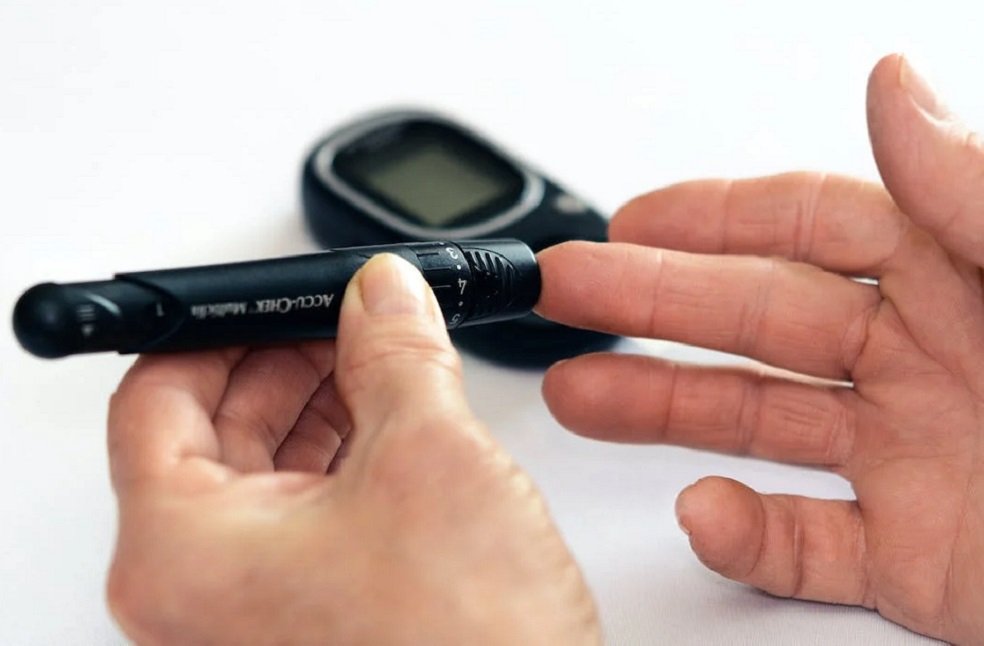United States: A large new study has found that consumption of just two servings of red meat per week increases the risk of developing type 2 diabetes. According to the study published in the American Journal of Clinical Nutrition, the risk further increases with greater consumption of red meat.
“The association between red meat and type 2 diabetes has been observed in different populations worldwide. We keep strengthening existing evidence with improved data and techniques. I hope our study could settle the debate regarding whether we should limit red meat intake for health concerns or not,” the study’s first author, Mr. Xiao Gu, a postdoctoral research fellow of nutrition at the Harvard T.H. Chan School of Public Health, commented.
According to reports, about 462 million people worldwide are affected by type 2 diabetes, a rate that has been rapidly increasing.

“Prevention of diabetes is important because this disease is itself a serious burden, and it is also a major risk factor for cardiovascular and kidney disease, cancer, and dementia,” Mr. Gu noted.
The authors studied 216,695 people who had participated in the Nurses’ Health Study, the Nurses’ Health Study II, and the Health Professionals Follow-up Study, all of which recruited participants from around 1976 to 1989. Participants reported their health status every other year, and their food intake was also analysed every two to four years with questionnaires that asked them to report their average intake of different foods and beverages over the past year.
By the end of the follow-up periods, nearly 22,800 people had developed type 2 diabetes. The report noted that those who ate the most total red meat had a 62 percent higher risk of developing the disease compared with people who ate the least. Eating the most processed or unprocessed red meat was linked with a 51 percent and 40 percent higher risk of type 2 diabetes, respectively.

The authors noted that elevated use of the amino acid glycine, which naturally occurs in most proteins, has also been observed after red meat intake and is associated with diabetes. According to the analysis, excess body fat is another risk factor for diabetes, and red meat consumption was one of the dietary factors with the largest association with weight gain.
Ms. Alice Lichtenstein, Gershoff Professor of Nutrition Science and Policy at Tufts University in Boston, commented that “limiting your red meat intake can be done by reducing frequency or portion size, and a combination of both habit changes is best. As consistently reported, dairy, legumes, and nuts are the best foods with which to replace red meat..”



